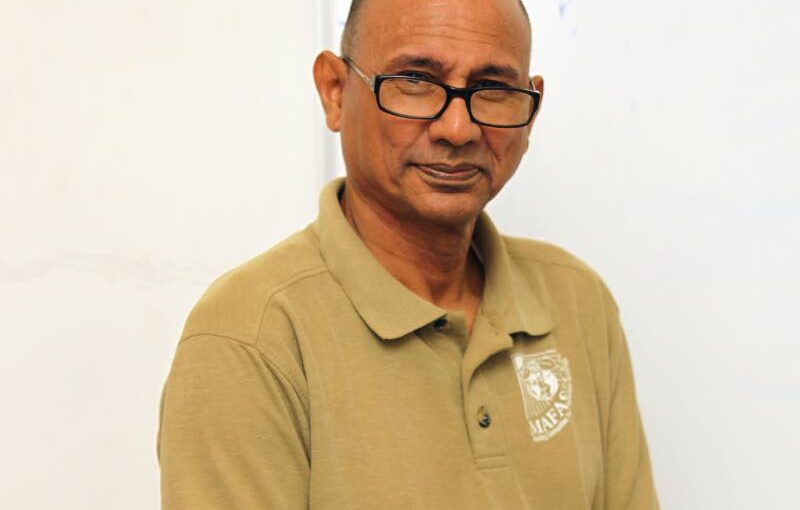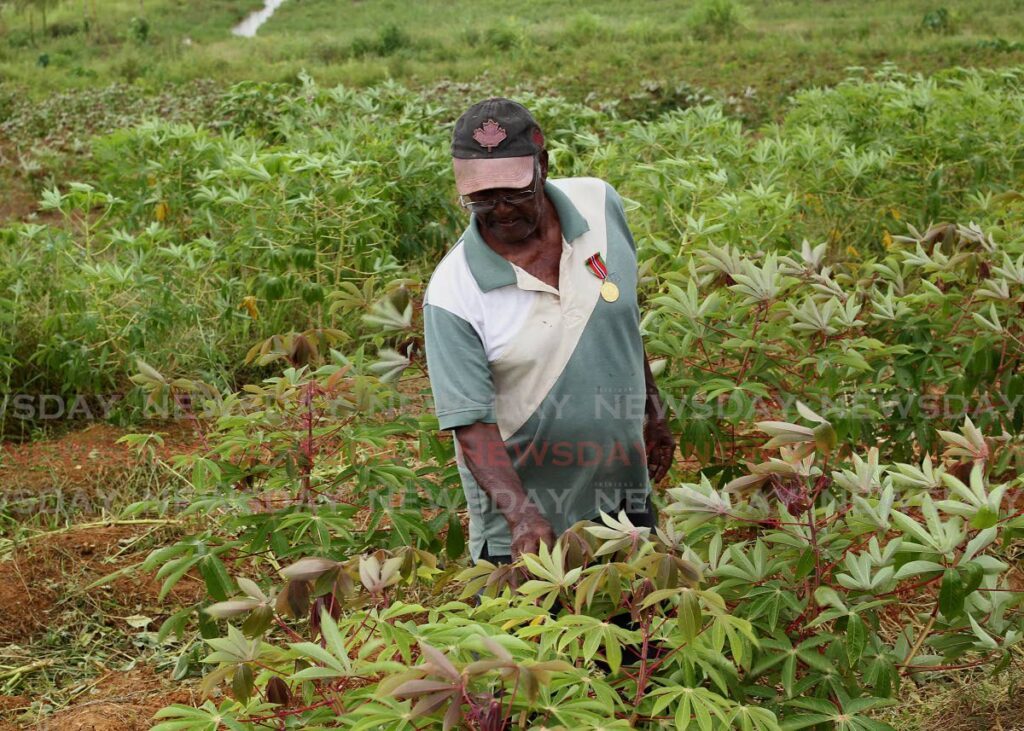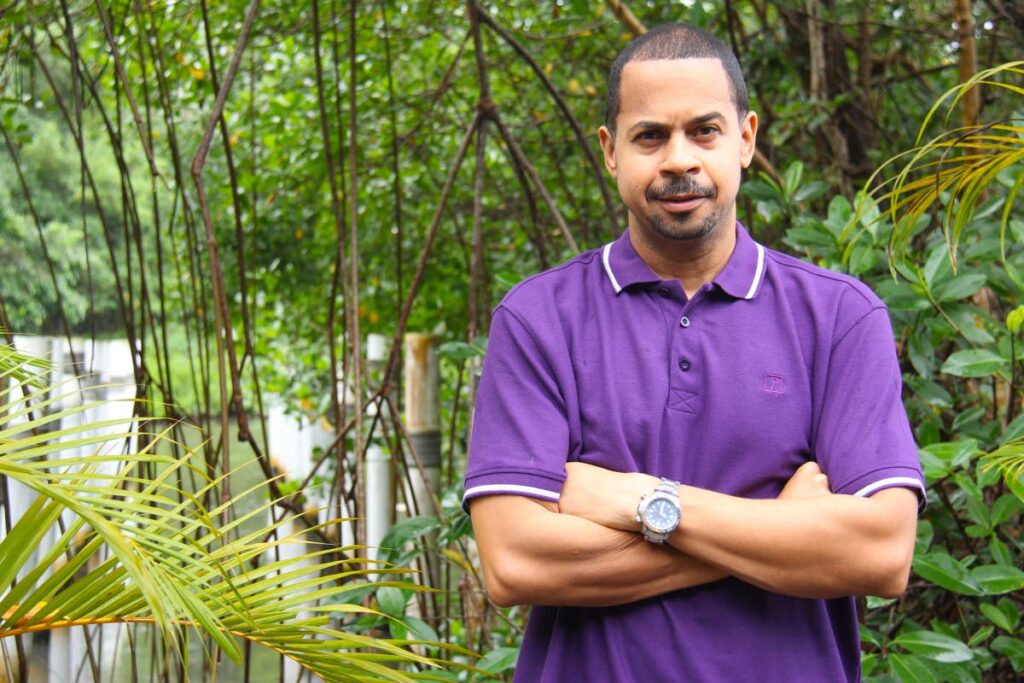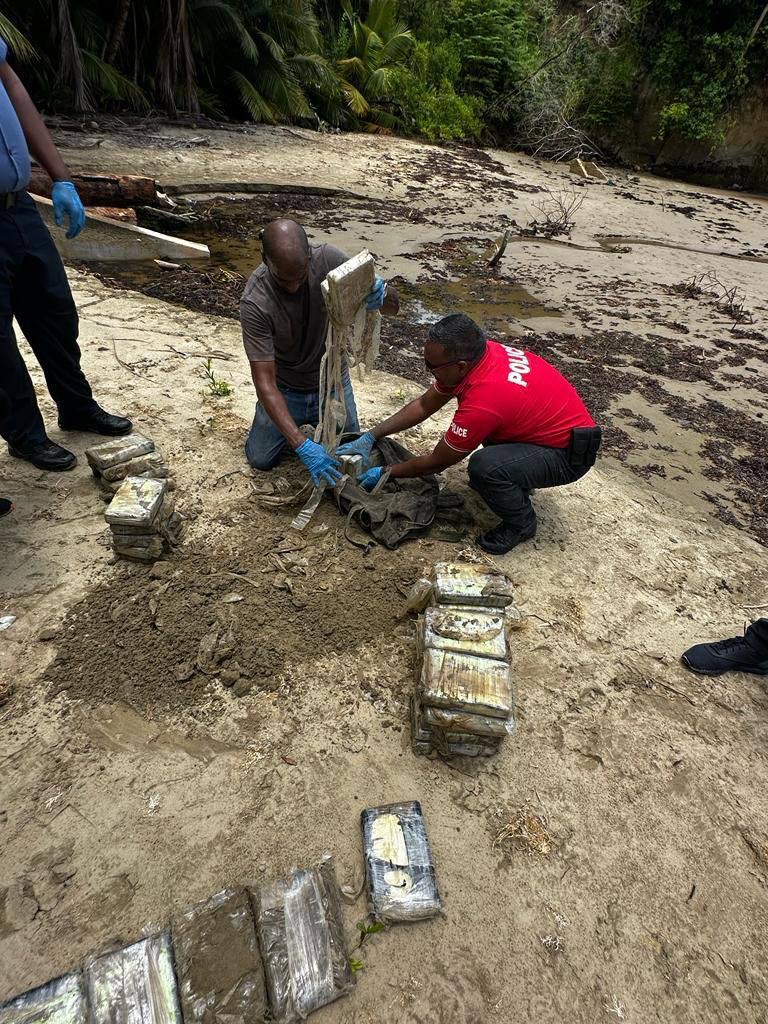Tunapuna farmers certified to grow ‘resilient’ crops
Written by Andrew Gioannetti on September 3, 2024

FLOODS destroy millions of dollars in crops annually, but they represent just one of several threats to the livelihoods of thousands of farmers and the national food supply.
Prolonged heat spells and droughts have been problematic for local farmers, “shocking” plants and limiting production.
Farmers are now encouraged to adopt “climate-smart” processes, products and techniques, shared by the Freeport-based MarVista Institute for Agriculture Training and Development (MIATD) to maximise yield.
They are also encouraged to choose their preferred crops wisely.
The MIATD, a support organisation for local and regional farmers, hosted its eighth training session for 2024 on September 3 at the Tunapuna Community Centre.
Dozens of farmers earned certificates after a series of presentations on climate change, the science of agriculture and finance.
A MIATD consulting team, led by chairman and farmer Marcus Mycoo, focused on managing crops through adverse conditions, particularly flood, drought and heat, through novel approaches, using technology and skills.

Ramdeo Boondoo at his Palmiste farm in Central Trinidad. – File photo by Roger Jacob
Prof Wayne Ganat, UWI dean and senior lecturer in the Department of Agricultural Economics and Extension, preempted the discussion, saying farmers must get used to the fact that TT, like most other small and micro-states, is disproportionately and especially affected by climate change. He said farmers have little choice but to adapt.
Ganpat noted that small and micro-states collectively account for only about 0.03 per cent of greenhouse-gas emissions, dwarfed by the world’s economic giants.
He also delved into the causes of climate change, including large-scale deforestation in South America and the combustion of fossil fuels, especially coal, by some of the most developed and richest countries. Cattle farming is also a major contributor.
While TT’s carbon emissions are comparatively small alongside the likes of the US and China, this country is among the biggest culprits per capita, surpassed only by similarly oil- and gas-dependent Middle Eastern countries, such as Qatar.
According to global emissions tracker Knoema, TT emitted 21.01 tons of CO2 per capita in 2021, primarily due to a heavy reliance on energy production and industrial processes.
The global average in 2021 was 4.7 metric tonnes per person.
Devon Mahabir, account manager at Republic Bank’s Tunapuna branch, discussed financial literacy with the agriculture entrepreneurs. He vowed on behalf of the bank to work with the farmers, especially those who face challenges with bookkeeping and other aspects of financial management, like saving and attracting investors.
The MIATD collaborated with the Tunapuna Piarco Regional Corporation and Republic Bank’s Power to Make a Difference programme for the latest session.
The post Tunapuna farmers certified to grow ‘resilient’ crops appeared first on Trinidad and Tobago Newsday.




